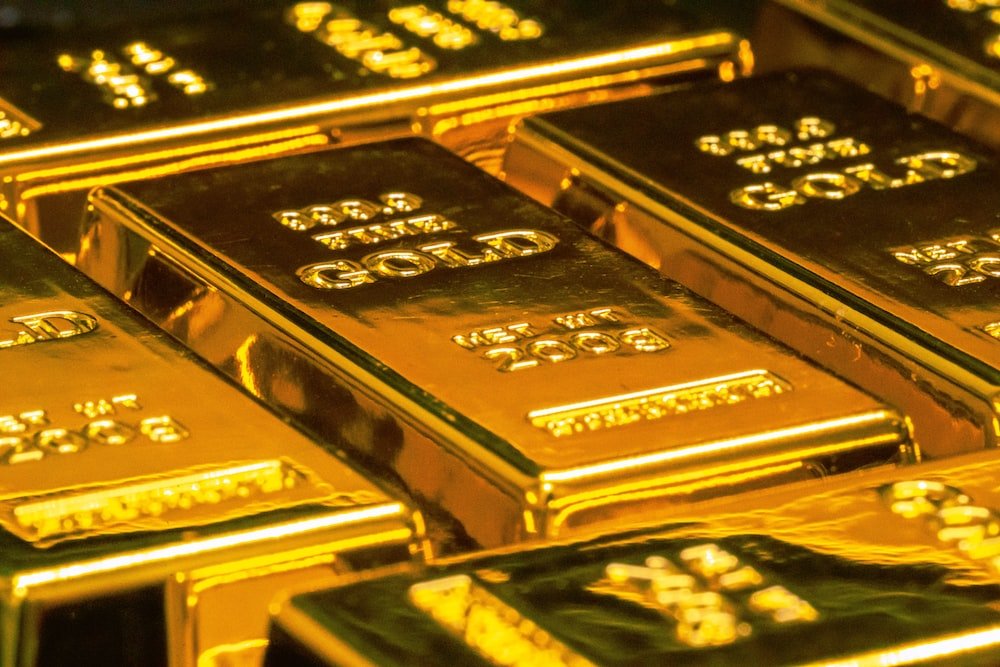Gold prices in Pakistan, much like in many other parts of the world, are subject to frequent fluctuations. These fluctuations are influenced by a complex interplay of various economic, geopolitical, and market factors. Understanding the reasons behind these price changes can help individuals and businesses make informed decisions regarding buying, selling, or investing in gold.
Here are some of the key factors that contribute to the frequent fluctuations in gold prices in Pakistan:
Global Economic Conditions: Gold is often seen as a safe-haven asset during times of economic uncertainty. When global economies are facing challenges such as recession, inflation, or geopolitical tensions, investors tend to flock to gold as a store of value, driving up its price.
Interest Rates: Gold doesn’t provide interest or dividends like other investments. When interest rates are low, the opportunity cost of holding gold is reduced, making it more attractive. Conversely, when interest rates rise, investors might shift their funds into interest-bearing assets, causing gold prices to decline.
Inflation: Gold is often used as a hedge against inflation. As the purchasing power of currencies decreases due to rising inflation, the value of gold can rise since it’s perceived as a stable asset whose value isn’t directly tied to currency fluctuations.
Geopolitical Tensions: Geopolitical events, such as conflicts, trade tensions, or political instability, can drive investors to seek the safety of gold, leading to price increases.
Supply and Demand Dynamics: Changes in the demand and supply of gold can have a significant impact on prices. Factors like changes in jewelry demand, central bank purchases, and mining output can influence the overall supply-demand balance.
Currency Exchange Rates: Since gold is traded in U.S. dollars on the international market, fluctuations in the exchange rate between the Pakistani Rupee and the U.S. Dollar can directly impact gold prices in Pakistan. If the Rupee weakens against the Dollar, gold prices in Pakistan might increase.
Speculation and Market Sentiment: The psychology of investors plays a substantial role in gold price fluctuations. If there’s a perception that gold prices are likely to rise, more investors might buy, driving the price higher. Similarly, negative sentiment can lead to price declines.
Government Policies: Government actions, such as changes in import duties or regulations on gold trading, can impact gold prices. Policies that encourage or discourage gold imports and exports can affect the local supply and demand dynamics.
Given these factors, it’s important to note that predicting gold price movements with absolute certainty is challenging. Traders, investors, and consumers interested in gold should stay informed about global economic trends, geopolitical developments, and market sentiment to make well-informed decisions.
To keep up with the frequent fluctuations in gold prices, individuals can monitor financial news, follow market experts, and utilize online platforms that provide real-time price data. Moreover, seeking advice from financial professionals can help individuals navigate the complexities of gold investment in Pakistan’s dynamic economic landscape.



